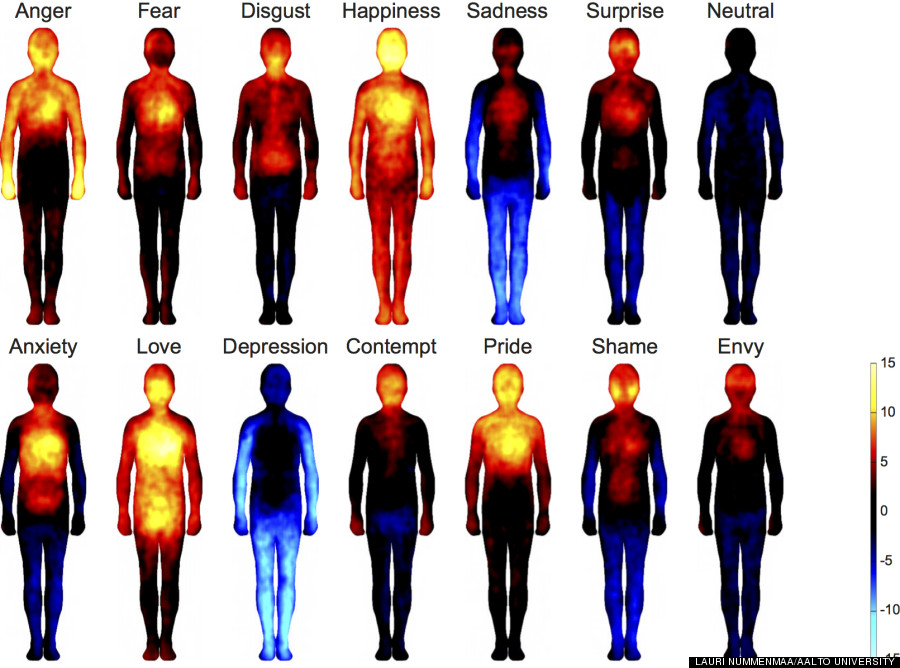3 questions. 3 hints. 3 answers. Every Tuesday.
1. What are the top five issues courts will likely be tackling in 2014, according to U.S. News?
Hint: the first relates to potential limitations on particular types of patents, the first of which was granted in April 1968. The second involves the provider we are most dependent on in our lives. The third reflects a sad song that Sam sung after he ate a litigious apple. The fourth deals with rewarming free leftovers…for a fee and the fifth, the topic that keeps getting reheated, thanks to Edward Snowden.
Answer: 1) SCOTUS is scheduled to decide what kinds of software are eligible for patent protection. The court’s analysis may prove key in determining the circumstances under which companies can be sued for using software products. The court’s ultimate decision could wipe out substantial amounts of protected intellectual property owned a number of popular tech players. The issue surrounding computer software is whether the patent in question is merely claiming a broad mathematical concept, thought process or other basic tool of innovation (e.g. mathematical computations). Granting exclusive rights to what are essentially customary, obvious methods (that have been exercised for thousands of years) runs counter to established patent law. All eyes on SCOTUS; 2) A federal court is set to decide whether internet service providers (ISPs) should operate in a manner similar to cable TV providers, giving them the ability to strike deals with website providers, in order to deliver priority services, thereby increasing competition. At this time, due to “net-neutrality” rules, ISPs are required to deliver all web-based content equally across the board; 3) a jury in November 2013 awarded Apple $290M for Samsung’s unauthorized reproduction of iPad and iPhone features. The saga continues this year in connection with alleged similarities between certain other Samsung and Apple devices; 4) Aereo, a web service provider engaged in the business of rebroadcasting TV signals online for the enjoyment of its customers – for a royalty-free fee, may be shut down if major networks have their way. The networks in question have appealed their dissatisfaction to SCOTUS. Again, all eyes on SCOTUS; and 5) it is estimated that the US court system will continue to be busy considering communications-privacy issues. A veritable Pandora’s box. Read additional details here.
2. How many different emotions might “feeling blue” embrace?
Hint:

Answer: a “little blue” may be seen in 9 areas, above, according to scientists who tested 700 individuals from Finland and Taiwan. Body maps expose areas in the body where particular emotional sensations may increase (warm colors) or decrease (cool colors). Participants were given body maps alongside emotionally-charged concepts and were asked to mark the regions on the silhouettes where they felt a physical sensation response to each emotional image. The body maps ultimately revealed that, generally, people had comparable physical sensations in response to the presented image. Read more here.
3. A magic pill to make you young again? Have scientists really discovered the fountain of youth and will plastic surgeons have to scurry to find new careers?
Hint: it is what is on the inside that counts, not on the outside.
Answer: Takao Hensch, a Harvard professor of molecular and cellular biology, is studying a drug (valproic acid) intended to make it exceptionally easier for adults to gain new skills and take in information, as though they were seven years old or younger. This is especially significant in connection with tasks or skills that are best introduced and mentally absorbed at a young age. According to NPR, ” Hensch gave the drug to a group of healthy, young men who had no musical training as children. They were asked to perform tasks online to train their ears, and at the end of a two-week period, tested on their ability to discriminate tone, to see if the training had more effect than it normally would at their age.” Apparently it did – the subjects were taught to have perfect pitch deemed “remarkable since there are no known reports of adults acquiring absolute pitch.” Read the story here.















